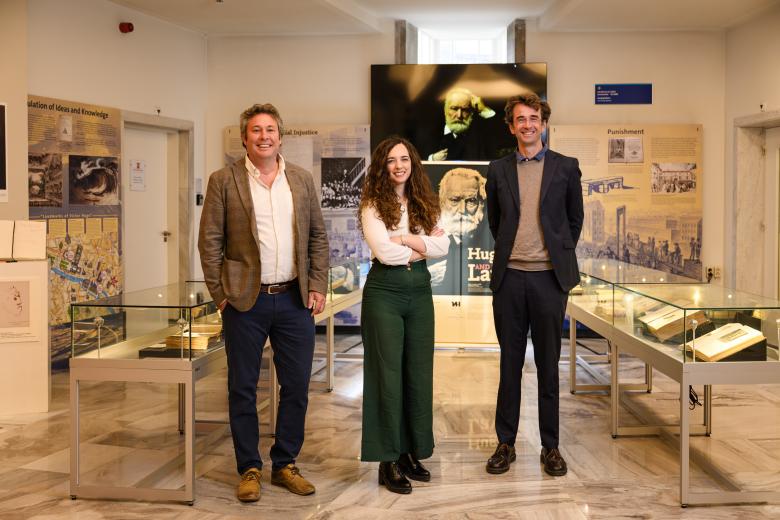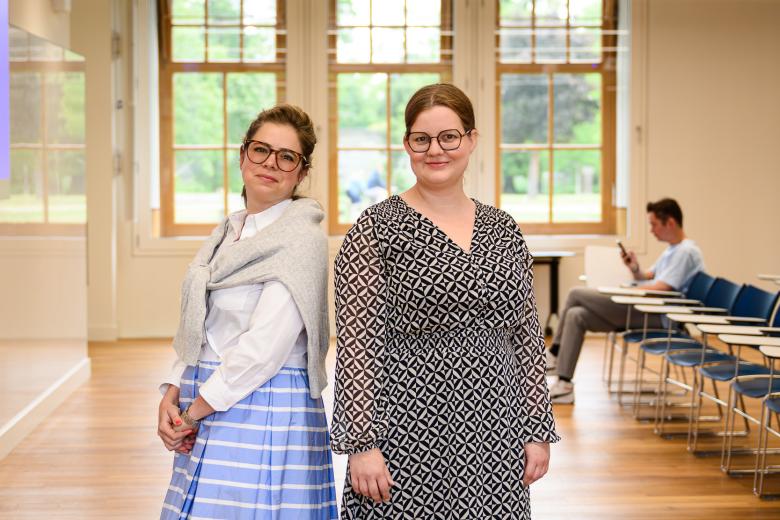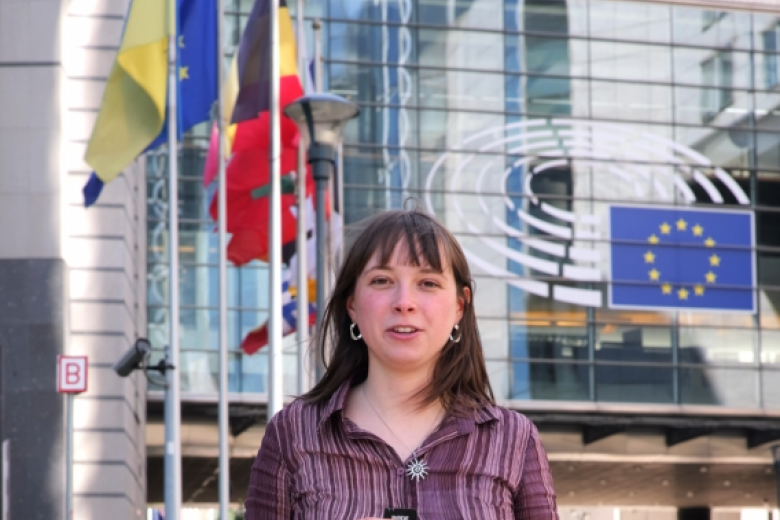Rubicon grants for four UM researchers
UM researchers Valentina Carraro (FASoS), Bart Spronck (FHML), Els van der Ven (FHML) and Erik Vrij (MERLN) received a Rubicon grant from research financing institution NWO. This grant gives young, highly promising researchers the opportunity to gain international research experience. In this funding round 21 researchers received a grant. With their grant Valentina Carraro will conduct research during 24 months at the Ludwig Boltzmann Institute of Human Rights in Austria, Bart Spronck at the Department of Biomedical Engineering of Yale University in the US, Els van der Ven at the Mailman School of Public Health of Columbia University in the US, and Erik Vrij at the Institute of Molecular Biotechnology of the Austrian Academy of Sciences (IMBA), Koo Lab, in Austria.
What are the research themes of the four UM researchers?
Valentina Carraro
There are currently two mechanisms within the United Nations for evaluating human rights obligations within states. This project will investigate to what extent these two mechanisms complement each other as well as the extent to which they encourage states to comply with human rights obligations.
Bart Spronck
The stiffening of blood vessels due to diabetes ultimately leads to heart failure. Spronck will develop a setup to expose sick blood vessels to a pulsating blood pressure outside of the body. Using these measurement data, he will make computer models to study accelerated vessel stiffening in diabetes patients.
Els van der Ven
The role of ethnicity in various stages of psychosis in New York State.
In Europe, ethnic minority groups have a higher risk of psychosis and a more negative course with more compulsory treatment. This project will investigate ethnic differences in various stages of psychosis in the United States, a place where inequality and racism reign supreme.
Erik Vrij
In the lab, stem cells can be incited to form mini organs, but it remains unclear exactly how these cells do this. In this research, a new genetic screening technique will be used to test each gene for its function in this process.
Rubicon Grants
With a Rubicon grant researchers can conduct research at a foreign research institute. The size of the grant depends on the destination chosen and the length of stay (max. 24 months). The Rubicon programme is named after the river Julius Caesar crossed after his series of victories, which ultimately led to his declaration ‘veni, vidi, vici’. NWO chose the name Rubicon in 2005 for its individual grant programme aimed at retaining talented researchers, who have recently gained their PhD, in science. In this round a total of 79 researchers submitted a proposal for the Rubicon grant.
The 21 researchers who received a grant will go to the United States, Switzerland, Austria, United Kingdom, Germany, New-Zealand, Canada, Australia, Denmark and Finland.
Also read
-
Where Law Meets Pop Culture: A Creative Space for Exploration
From hip-hop to Victor Hugo, and historical fiction to classic cinema: What do these things have in common with the study of law, you might think? At Maastricht University’s Faculty of Law, a growing group of researchers and students is exploring exactly that and even more.

-
Innovative Education in Personal and Family Law
Thanks to the SURF Incentive Scheme for Open and Online Education (still available at the time), Gwen Noteborn (university lecturer in personal and family law at Maastricht University), Claudia Hocks and Janneke Hendrix (lecturers in law at Zuyd University of Applied Sciences) were able to get...

-
Europe Day
To celebrate Europe Day on 9 May, FASoS student Lisa travelled to Brussels to meet with five of our inspiring alumni who are currently shaping European policy and advocacy. In this video, they share why Europe Day matters, how it’s celebrated in Brussels, and what the idea of Europe means to them.
